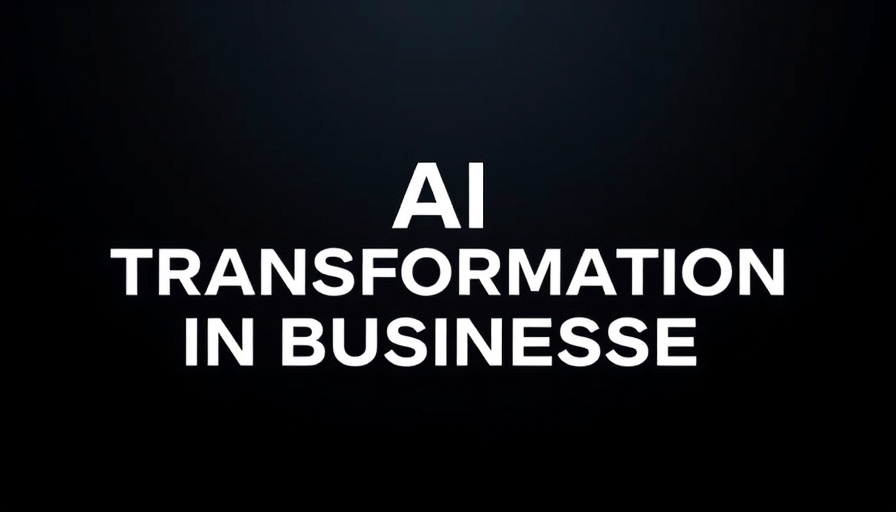
Potential Shifts as Trump Takes the Helm of U.S. AI Policy
The political landscape in artificial intelligence is on the brink of transformation as President-elect Donald Trump appears poised to alter the U.S. AI policy significantly. Initial reports suggest Trump's administration might repeal President Joe Biden's existing executive order designed to bolster AI safety and security. This prospective move is aligned with Trump's broader goal to dismantle key regulatory frameworks on his first day in office.
The Influential Power Players
The future direction of U.S. AI policy might be heavily swayed by several tech moguls who supported Trump's campaign financially and ideologically. Elon Musk, who invested over $100 million in Trump's campaign, holds significant sway, particularly given his contentious relationship with AI entity OpenAI and its CEO, Sam Altman. Alongside Musk, Marc Andreessen, Ben Horowitz, and Peter Thiel—who are all proponents of minimal regulation—are seen as potential architects of Trump's AI strategy.
Winners and Losers in the Emerging AI Framework
The anticipated AI policy shifts could result in clear winners and losers. Likely beneficiaries include advocates of open-source AI development and Musk's own AI ventures, particularly xAI. These are expected to flourish under a reduced regulatory environment. Conversely, the climate-focused AI projects and any measure promoting federal oversight face possible dilution. Additionally, OpenAI's current influence might wane due to Musk's notable sway over the incoming administration.
Potential State-Level Responses
As federal AI regulations ease, states like California might preemptively enact their own legislation to maintain stringent oversight. California's significant economic status could pressure companies nationwide to comply with their regulations, adding layers of complexity for businesses navigating AI compliance.
Future Implications for Marketing Executives
For marketing executives and C-suite leaders, whether these regulatory shifts bode well or ill will depend on their readiness to adapt to reduced oversight and more agile AI innovation climates. Embracing these changes could offer strategic advantages in driving marketing efficiencies and advancing cutting-edge solutions.
 Add Row
Add Row  Add
Add 




Write A Comment